The production of video games is at the forefront of technological innovation in the constantly changing field of digital entertainment. An extremely potent instrument known as a game engine powers every graphically spectacular and flawlessly interactive video game. These engines are the unsung heroes of the game business, providing the framework for creating compelling worlds, characters, and gaming experiences.
Even though 2024 is almost here, the gaming engine industry is still growing and changing, giving creators a wide range of possibilities to realize their imaginative ideas. We’ll explore the fundamentals of game engines, their importance, and the state of the industry today in this blog post, where we also reveal the top 25 game engines for 2024.
What is a Game Engine?
A game engine is essentially an advanced software framework made to streamline and accelerate the game production process. It serves as a versatile platform with a variety of tools, libraries, and features that make it easier to create, render, and distribute video games on many platforms. With the help of pre-built components, scripting skills, and a powerful physics engine, game engines enable creators to concentrate on creating captivating gameplay instead of having to start from scratch.
Why Are Top Game Engines Important?
There are various reasons why game engines are essential. First, they drastically cut down on the time and work needed to create a game from the ground up. Developers can focus on improving game mechanics, storytelling, and visual aesthetics by providing a prepackaged set of features.
Second, game engines ensure that a game runs consistently on many platforms so it will work on PCs, consoles, and even mobile devices. This universality is essential in the modern gaming world, where gamers access games on several platforms.
The Modern Gaming Engine
Game engines have developed alongside technology. Contemporary game engines are ecosystems that promote creativity and innovation rather than just tools. They let developers create realistic and engaging gaming experiences by combining artificial intelligence, realistic physics simulations, and state-of-the-art graphics rendering techniques. Furthermore, these leading game engines frequently enable augmented reality (AR) and virtual reality (VR), adding new gameplay and user interaction elements.
Best Game Engines for Desktop in 2024
Unity
In the game development industry, Unity continues to be a dominant force. Developers all across the world love it for its adaptability, robust asset repository, and easy-to-use interface. Whether you’re making complex 3D simulations or 2D games, Unity provides a fluid experience.

Unreal Engine
Unreal Engine, created by Epic Games, has unmatched graphics power. Its sophisticated physics models and real-time ray tracing have raised the bar for gaming visual fidelity. Furthermore, the scripting process is easier to understand and accessible to developers of all skill levels via Unreal Engine’s Blueprint system.

CryEngine
CryEngine is a top option for developers who want to make visually attractive games because of its impressive visuals. Games created on this platform will have a remarkable visual aesthetic thanks to its emphasis on dynamic lighting effects and high-quality rendering.
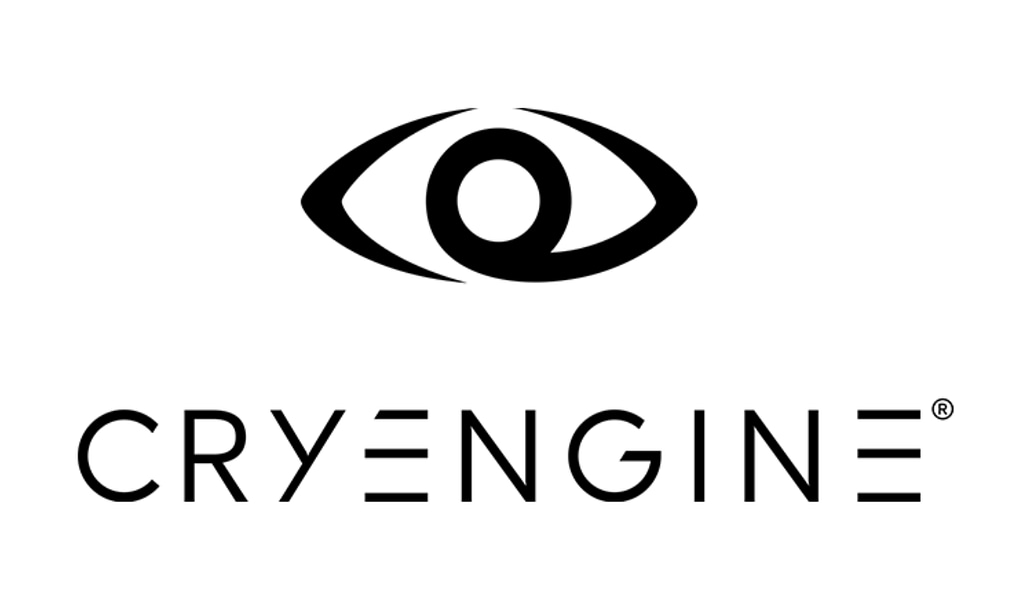
Godot Engine
Godot is an open-source gaming engine that has become incredibly popular because of its adaptability and community-driven style. It is a great option for independent creators and small teams because it supports both 2D and 3D game production.
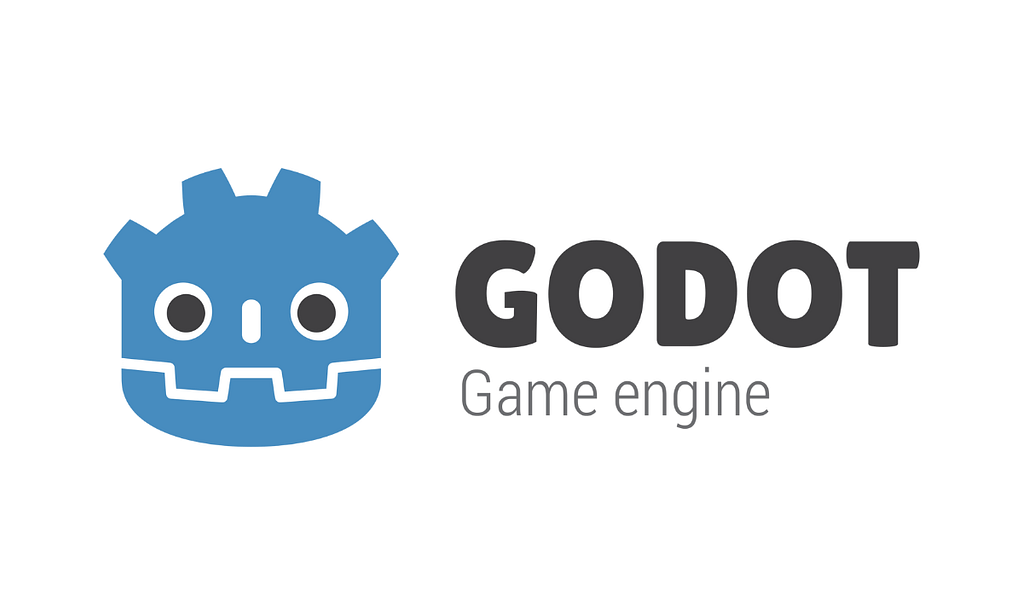
Lumberyard
One notable feature of Amazon’s Lumberyard is its interaction with Twitch and Amazon Web Services (AWS). It lets developers easily design multiplayer games that take advantage of AWS’s strong cloud infrastructure to provide smooth online experiences.

GameMaker Studio 2
GameMaker Studio 2 is well known for being easy to use and highly adaptable. It’s a great option for novices and independent developers who want to make 2D games. GameMaker Studio 2’s intuitive scripting language and drag-and-drop interface make it simple for developers to realise their imaginative ideas without requiring a high learning curve.

RPG Maker MV
Designed especially with role-playing game (RPG) fans in mind, RPG Maker MV provides an easy-to-use interface for making 2D RPGs. With its enormous library of pre-designed components, it’s simple to create complex game worlds and captivating narratives even for those without a lot of programming experience.
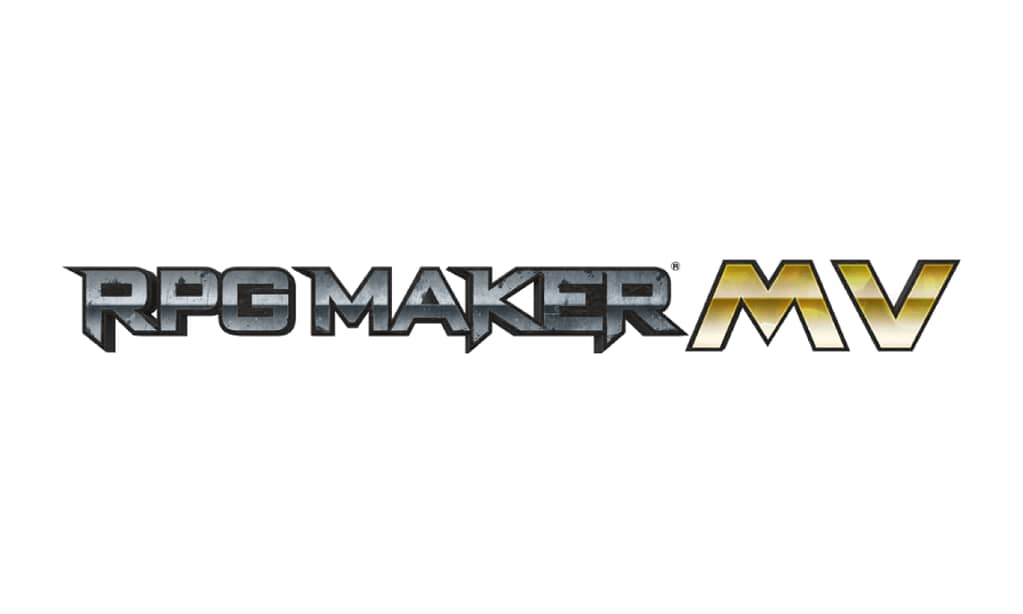
Construct 3
A browser-based gaming engine designed specifically for 2D game production is called Construct 3. With its easy-to-use drag-and-drop interface, developers may create games with its visual scripting system. Construct 3 is appropriate for both novice and seasoned developers and is great for rapid prototyping.

Source Engine
The Source Engine, created by Valve Corporation, is the driving force behind well-known games including Half-Life 2, Portal, and Counter-Strike: Global Offensive. The engine is still impressive in 2024 thanks to its realistic graphics, sophisticated physics simulation, and strong multiplayer features. It is a preferred option for game developers making multiplayer and first-person shooters.

Anvil Engine
Some of the most aesthetically striking open-world games, including the Assassin’s Creed series, are powered by Ubisoft’s Anvil Engine. Anvil Engine is well-known for its ability to manage large, intricate game environments with ease. It also excels at rendering realistic landscapes and complex cityscapes.

Stingray
Autodesk’s Stingray is a flexible gaming engine with sophisticated rendering capabilities. Because of its smooth integration with other Autodesk products, game developers and 3D artists working together on projects often choose it over other options. Its visual effects and real-time rendering tools are very impressive.

Cocos2d-x
Cocos2d-x is an open-source game development framework that supports both 2D and simple 3D games. It is highly efficient and allows developers to write code in C++, making it a preferred choice for performance-critical games on various platforms, including desktops.
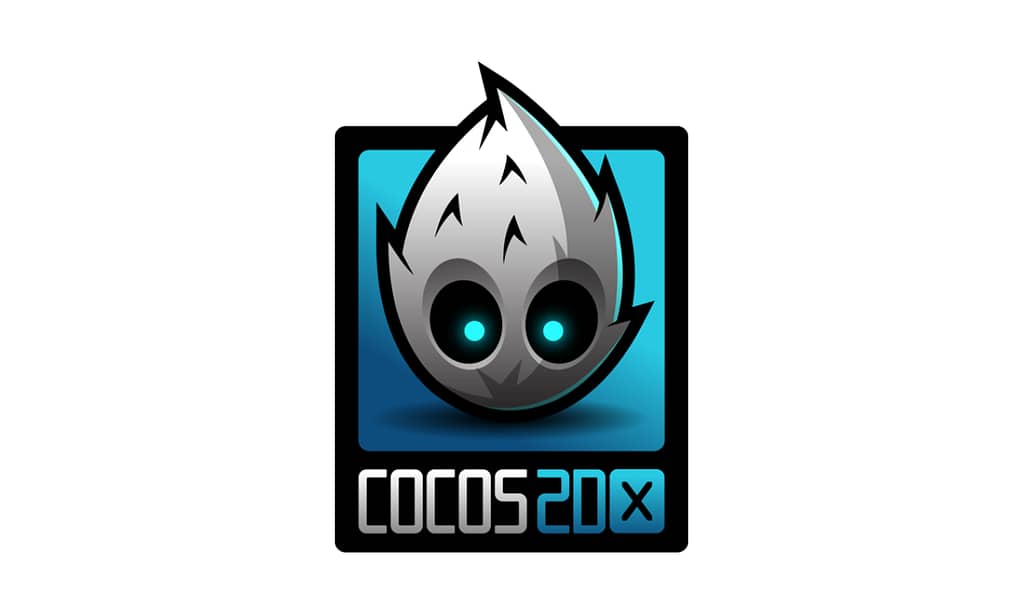
Hero Engine
Hero Engine is tailored for massively multiplayer online games (MMOs). Its robust networking capabilities and collaborative tools enable developers to create expansive virtual worlds with thousands of players interacting simultaneously. It provides a solid foundation for ambitious MMO projects.

Phaser
Phaser is a fast, robust, and versatile 2D game framework for web browsers. It is compatible with both desktop and mobile platforms, allowing developers to create browser-based games that can be easily ported to desktop environments. Phaser’s active community and extensive documentation make it an attractive choice for web game developers.
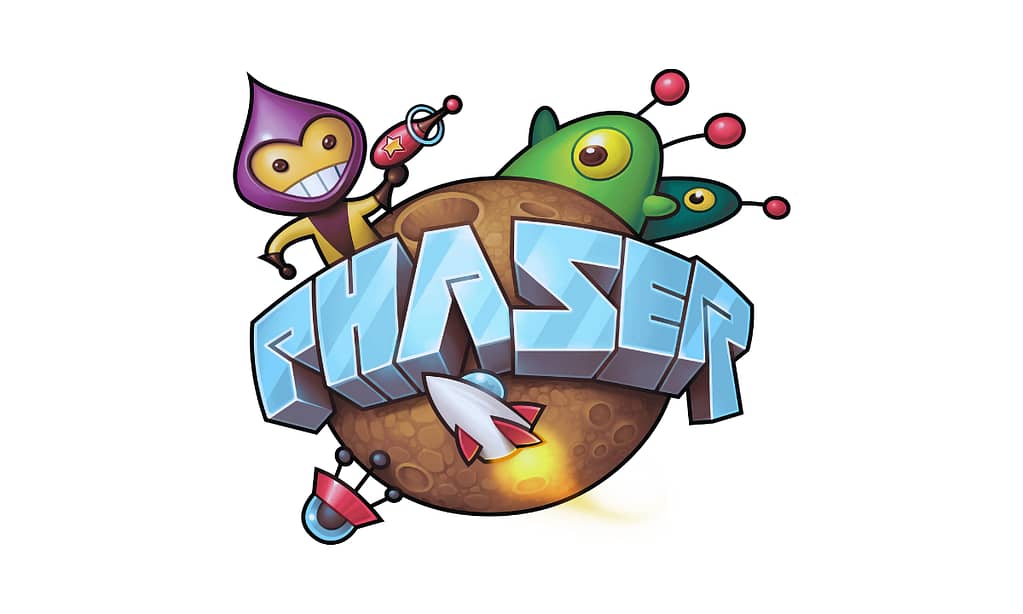
Marmalade SDK
Marmalade SDK is a powerful game development platform that supports both 2D and 3D game development. It offers cross-platform capabilities, allowing developers to deploy games on various desktop and mobile platforms with ease. Its comprehensive set of tools and libraries simplifies the development process.

Comparison of Top Game Engines in 2024
| Game Engine | Primary Use | Features & Strengths | Learning Curve | Community & Support | Licensing & Cost | Platform Compatibility |
|---|---|---|---|---|---|---|
| Unity | 2D and 3D Games | Versatility, Asset Store, User-Friendly Interface | Beginner to Intermediate | Strong community, extensive docs | Freemium model, subscription-based | Desktop, Console, Mobile, VR |
| Unreal Engine | 3D Games | Real-time Ray Tracing, Blueprint System, Stunning Graphics | Intermediate to Advanced | Active forums, extensive resources | Royalty-based, free for first $1M | Desktop, Console, VR |
| CryEngine | 3D Games | High-quality Rendering, Dynamic Lighting, Realistic Effects | Intermediate to Advanced | Community forums, tutorials | Royalty-based | Desktop, Console, VR |
| Godot Engine | 2D and 3D Games | Open-Source, Community-Driven, Flexibility | Beginner to Intermediate | Active community, comprehensive docs | Open-source, free | Desktop, Console, Mobile, VR |
| Lumberyard | Multiplayer Games | AWS Integration, Twitch Integration, Cloud Services | Intermediate | Official documentation, community forums | Free to use | Desktop, Console |
| GameMaker Studio 2 | 2D Games | User-Friendly, Drag-and-Drop Interface, Scripting Language | Beginner to Intermediate | Active community, tutorials | Freemium model, one-time purchase | Desktop, Mobile |
| RPG Maker MV | 2D RPGs | Pre-designed Assets, Easy Game World Design | Beginner | Community forums, tutorials | One-time purchase | Desktop |
| Construct 3 | 2D Games | Browser-Based, Visual Scripting, Drag-and-Drop Interface | Beginner | Forum support, tutorials | Subscription-based | Desktop, Mobile |
| Source Engine | First-Person Games | Advanced Physics Simulation, Realistic Graphics | Intermediate to Advanced | Valve developer community, documentation | Proprietary, included with Valve games | Desktop |
| Anvil Engine | Open-World Games | Vast Environments, Realistic Landscapes, Detailed Cities | Intermediate to Advanced | Ubisoft developer resources, community | Proprietary | Desktop, Console |
| Stingray | Various Games | Real-Time Rendering, Integration with Autodesk Software | Intermediate to Advanced | Autodesk support, user forums | Subscription-based | Desktop, Console |
| Cocos2d-x | 2D and Simple 3D Games | Efficiency, C++ Support, Cross-Platform Development | Intermediate | Active community, extensive documentation | Open-source, free | Desktop, Mobile |
| Hero Engine | MMOs | Networking Capabilities, Collaborative Tools, Virtual Worlds | Intermediate to Advanced | Developer community, support forums | Proprietary, subscription-based | Desktop, Console |
| Phaser | Browser Games | 2D Games, Web-Based, Active Community | Beginner to Intermediate | Phaser developer community, tutorials | Open-source, free | Desktop, Mobile |
| Marmalade SDK | 2D and 3D Games | Cross-Platform Development, Comprehensive Tools | Intermediate | Developer resources, community forums | Proprietary, subscription-based | Desktop, Mobile |
Can You Accelerate Your Game Engine?
The speed at which a game engine operates is crucial for seamless gameplay experiences. While game engines come optimized for performance, developers can further accelerate their machines through various techniques. Optimizing code, utilizing efficient algorithms, and minimizing resource-heavy processes are fundamental steps. Additionally, developers can leverage GPU acceleration and parallel processing to enhance graphical rendering, ensuring smoother frame rates and responsive gameplay.
You may also learn more about How to Add Xbox Cloud Gaming to Your iOS Home Screen.
How to Choose the Right Game Engine
Choosing the right game engine is a pivotal decision that significantly influences the outcome of your game. Here are some factors to consider when making this choice:
- Project Requirements: Assess the specific requirements of your project. Consider the genre, graphical complexity, platform compatibility, and whether you need VR/AR support. Different engines excel in other areas, so align your choice with your project’s needs.
- Learning Curve: Evaluate the learning curve associated with each engine. Some engines, like Unity, offer extensive documentation and tutorials, making them suitable for beginners. Others, like Unreal Engine, might have a steeper learning curve but offer unparalleled graphical capabilities.
- Community and Support: A robust community and support system can be a game-changer during development. Active forums, tutorials, and a responsive user base can provide invaluable assistance when you encounter challenges.
- Licensing and Cost: Consider the licensing model and associated costs. Some engines, like Godot and Unity, offer free versions with limited features, while others require a one-time purchase or a subscription. Evaluate your budget and choose accordingly.
- Scalability: Think about the scalability of the engine. Will it accommodate the growth of your project? Ensure the machine can handle the increasing complexity of your game as it evolves.
- Performance Optimization: Look for engines that allow for efficient optimization. Smooth performance is vital, especially for resource-intensive games. Machines that support profiling and debugging tools can help identify and rectify performance bottlenecks.
Conclusion
In the dynamic world of game development, the choice of a game engine can shape the entire creative process. The plethora of options available in 2024 ensures that developers have the freedom to experiment, innovate, and craft exceptional gaming experiences. Whether you’re a budding indie developer or an established studio, understanding the nuances of game engines and making an informed choice can set the stage for your game’s success.
Embrace the power of these engines, harness their capabilities, and embark on a journey to create the next gaming masterpiece. Remember, the right game engine isn’t just a tool; it’s a catalyst that transforms imagination into reality, captivating players and defining the future of gaming.








